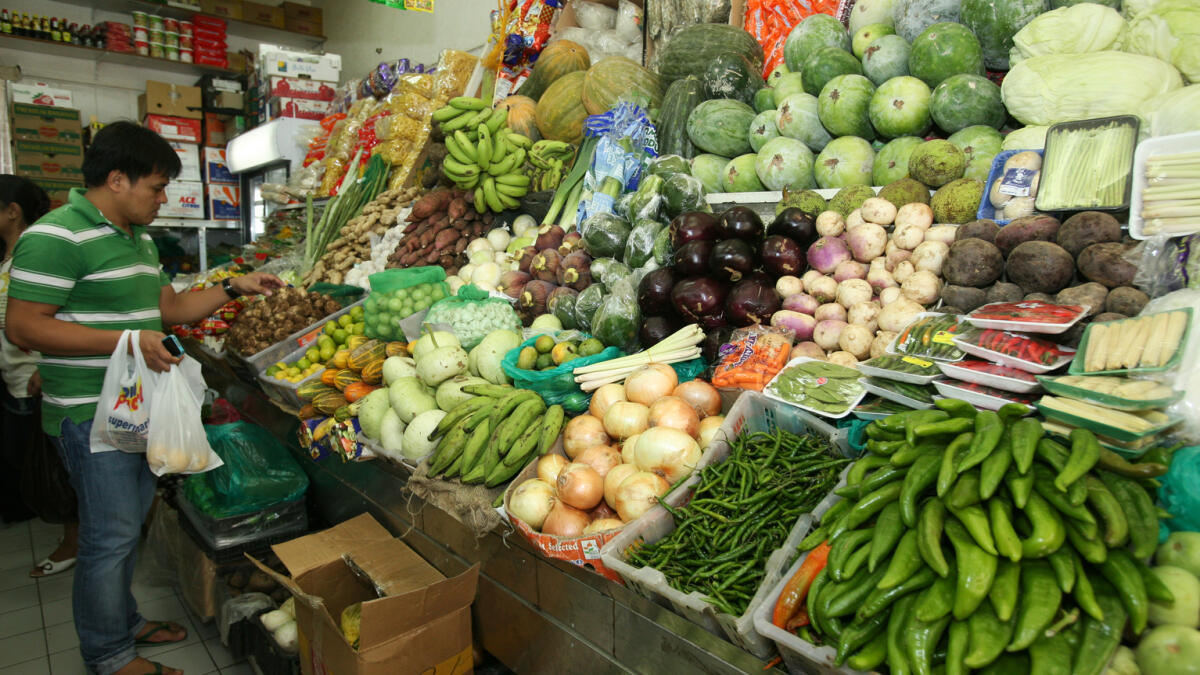Retailers in the UAE have assured customers that there will be no major impact on the supply of imported fruits, vegetables, and other goods despite regional tensions. The shops and traders in the UAE source various commodities from Lebanon, Palestine, and Iran, including tomatoes, stone fruits, herbs, potatoes, watermelons, grapes, and many other household goods. Retailers have stated that the supply chain will remain stable, as they do not depend on a single source market, even with the crisis in Beirut and the war in Gaza.
Kamal Vachani, group director and partner at Al Maya Group, has confirmed that they are committed to ensuring a steady supply of fresh produce to customers in the UAE, especially in light of recent disruptions. He also mentioned that the UAE has been successful in producing various fresh vegetables locally. By leveraging local agricultural capabilities alongside international sourcing strategies, retailers are well-positioned to meet the needs of customers effectively, minimizing any impact of shortages in imported products with homegrown produce.
Safeer Market, another retailer, has also confirmed that nothing has been affected so far in terms of supply. They mentioned that logistics are running smoothly without any interruptions, and they do not depend on a specific supplier or country of origin. Safeer Group has faced similar challenges in the past and has dealt with them effectively. They are prepared to bear any additional costs that may arise for a certain period to ensure customer satisfaction with fair prices.
In response to flight cancellations to and from Lebanon, Iran, Iraq, Jordan, and Israel due to military conflict, retailers in the UAE have been proactive in ensuring a stable supply chain. The UAE government has heavily invested in food security to maintain a sustainable food supply for residents. The aim is to reduce food imports from 90 per cent to 50 per cent by 2050. In 2023, total food imports amounted to $23 billion, while food exports reached $6.6 billion. The sector experienced a 20 per cent growth in total trade during the first half of the year, with a 23 per cent increase in food imports and a 19 per cent rise in exports.
Overall, retailers in the UAE are prepared to navigate through regional tensions and disruptions to ensure a stable supply of fresh produce and household goods to customers. By diversifying their sourcing strategies and leveraging local agricultural capabilities, retailers can minimize the impact of any shortages in imported products. The government’s focus on food security and reducing food imports demonstrates a commitment to ensuring a sustainable food supply for residents. With proactive measures in place, the UAE is well-positioned to maintain a stable food supply chain despite regional challenges.











